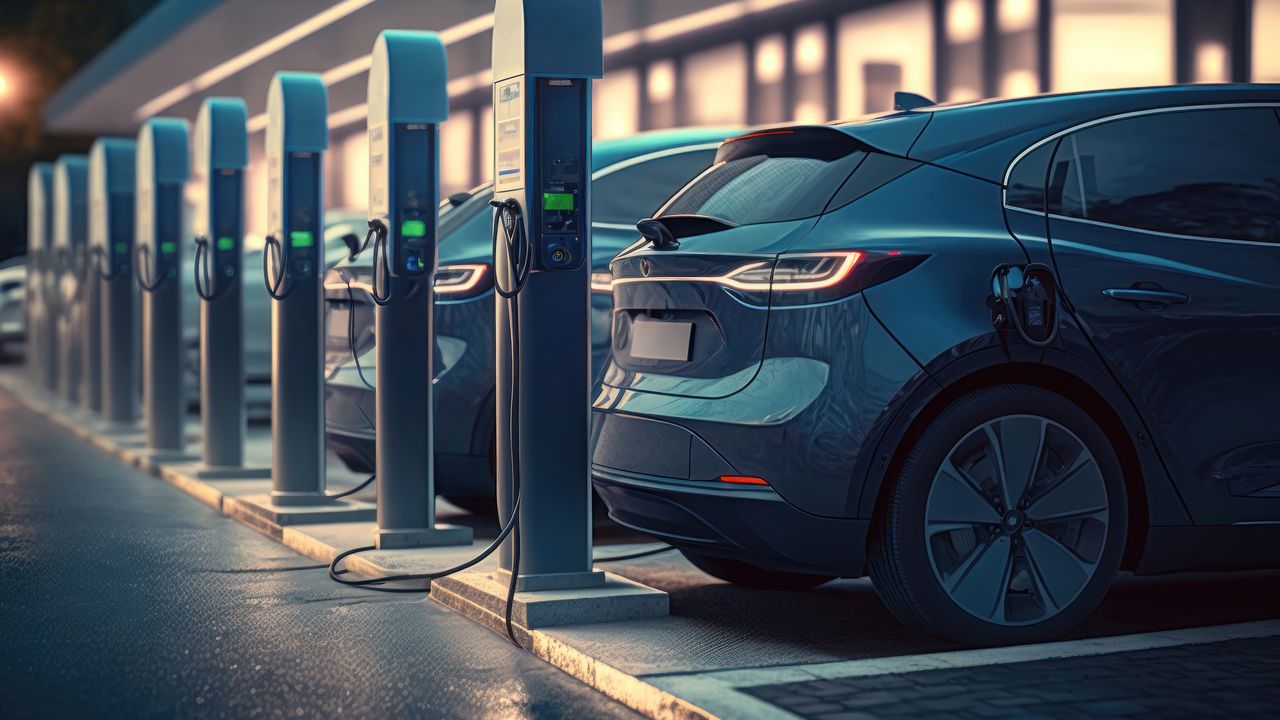Electric Cars in the Commercial and Fleet Sector: A Game-Changer in Vehicle Efficiency
Electric vehicles have been making waves in the consumer market, but their impact in the commercial and fleet sector is equally significant. With the rise of electric buses and the potential for reducing the total cost of ownership, businesses are starting to see the benefits of embracing this clean and efficient technology.
The Rise of Electric Buses
One of the most exciting developments in the commercial sector is the adoption of electric buses. These vehicles offer numerous advantages over their traditional diesel counterparts. First and foremost, electric buses produce zero tailpipe emissions, making them an environmentally friendly choice for public transportation.
Furthermore, electric buses are significantly quieter than their diesel counterparts, resulting in a more pleasant experience for passengers and reducing noise pollution in urban areas. This is particularly important for densely populated cities where noise levels can have a significant impact on the quality of life.
While the upfront cost of electric buses may be higher than diesel buses, the total cost of ownership over the vehicle’s lifespan is often lower. Electric buses have fewer moving parts, reducing maintenance and repair costs. Additionally, the cost of electricity is generally lower than diesel fuel, resulting in lower operational expenses.
Total Cost of Ownership
When considering fleet vehicles, the total cost of ownership is a crucial factor for businesses. Electric vehicles have proven to be cost-effective in this regard. While electric vehicles may have a higher upfront cost compared to their gasoline or diesel counterparts, the savings in fuel and maintenance expenses over time can offset this initial investment.
Electric vehicles have fewer mechanical components, resulting in reduced maintenance requirements. With fewer parts to repair or replace, businesses can save significantly on maintenance costs. Additionally, electric vehicles do not require oil changes, further reducing maintenance expenses.
Moreover, the cost of electricity is generally lower than gasoline or diesel fuel. This means that businesses can save on fuel expenses, especially when considering the high mileage typically covered by fleet vehicles. Over time, these savings can add up and make a significant difference in the total cost of ownership.
Fleet Vehicle Efficiency
Efficiency is a key consideration for fleet vehicles, as it directly impacts operational costs. Electric vehicles excel in this area, offering higher energy efficiency compared to internal combustion engine vehicles. Electric motors are more efficient at converting energy into motion, resulting in less energy wasted as heat.
Furthermore, electric vehicles benefit from regenerative braking technology, which allows them to recover and store energy that would otherwise be lost during braking. This energy can then be used to power the vehicle, reducing the overall energy consumption and increasing efficiency.
Additionally, electric vehicles have the advantage of instant torque, meaning they can accelerate quickly and efficiently. This is particularly beneficial for fleet vehicles that often need to start and stop frequently, such as delivery trucks or taxis.
In Conclusion
Electric vehicles, particularly electric buses, have the potential to revolutionize the commercial and fleet sector. With their zero emissions, reduced maintenance costs, and overall efficiency, they offer a compelling alternative to traditional gasoline and diesel vehicles.
As businesses continue to prioritize sustainability and cost-effectiveness, the adoption of electric vehicles in the commercial and fleet sector is likely to increase. With ongoing advancements in technology and infrastructure, the future looks bright for electric vehicles in this sector.
